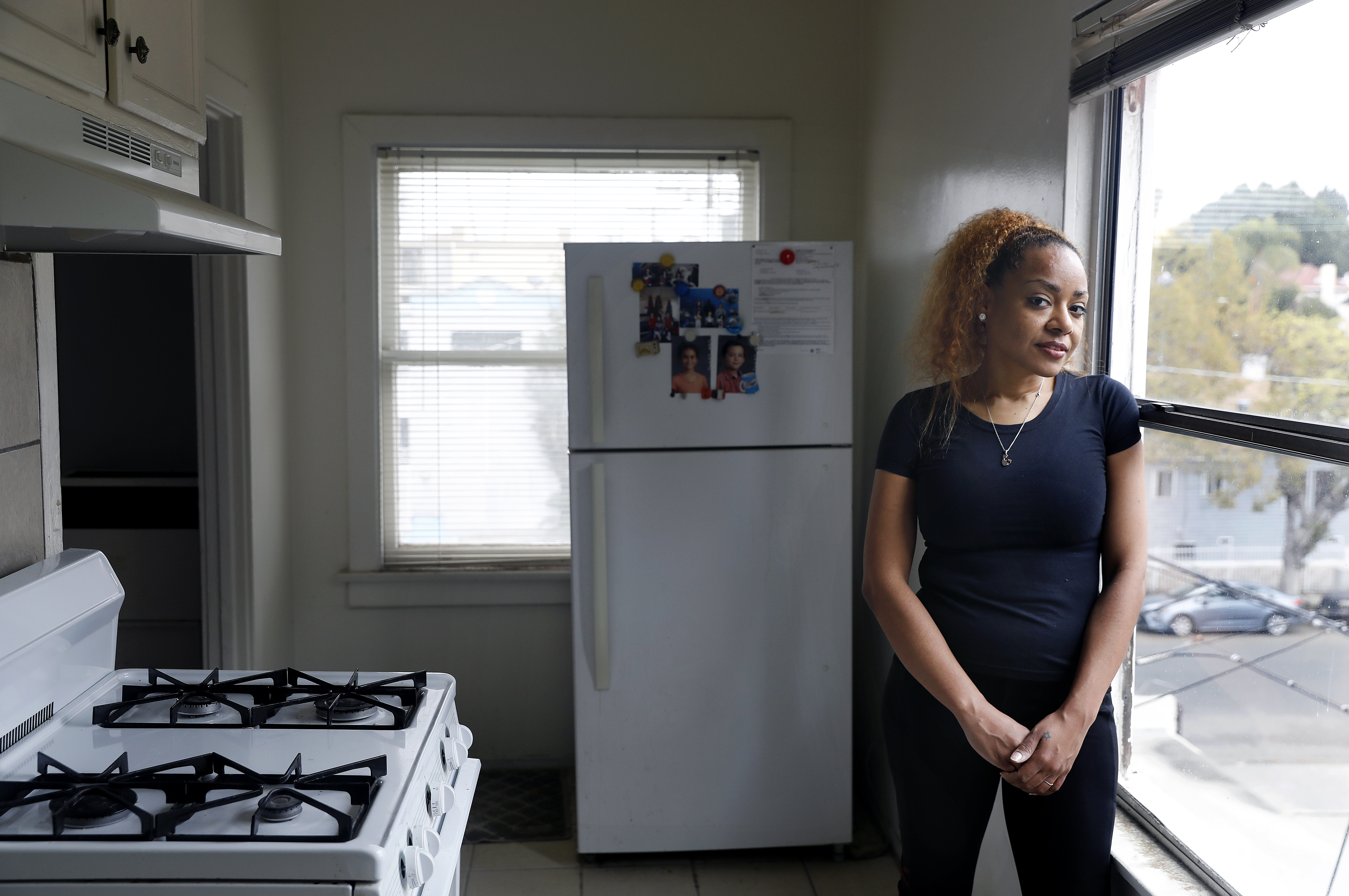  |
| March 9, 2023 |
 Leticia Graham is photographed at her apartment in Los Angeles on Feb. 14, 2023. (Christina House / Los Angeles Times) Leticia Graham is photographed at her apartment in Los Angeles on Feb. 14, 2023. (Christina House / Los Angeles Times) |
By Ryan Fonseca Good morning, and welcome to the Essential California newsletter. It’s Thursday, March 9. As pandemic-era renter protections wane, the number of eviction cases is rising back to pre-COVID levels in L.A. County. For many renters facing eviction, navigating the protections at various levels of government has been challenging. Times reporter Paloma Esquivel covers housing and recently spent a lot of time in eviction court, seeking “to put a face on some of these policy decisions.” “One thing I realized in reporting the story, and also trying to better understand this beat is this stuff is difficult even for lawyers and experts to understand,” she told me this week. Paloma spent “day after day” in court, where hearings are rapid-fire. She writes in a story published Wednesday:
In one courtroom alone, about two dozen eviction cases went through in a single day. “You really get the sense [that], so much is on the line,” Paloma told me. “For a lot of people, it’s their homes ... it’s just this really crucial moment in their lives.” That’s where Paloma first saw Leticia Graham, who was fighting to stay in her Westlake studio apartment, where she’s behind on rent by a couple of months. Graham appeared for her scheduled case remotely. But she was supposed to be there in person. The judge told her to get to Stanley Mosk Courthouse before noon to plead her case. The 36-year-old, who doesn’t own a car, raced to a local bus stop, carrying a backpack stuffed with receipts and bank records. She made it in time, but quickly learned that pandemic-era protections aren’t as protective as many renters assume. “Day after day, tenants show up in court with a false impression of how the system works,” Paloma reports. “Some, like Graham, believe that pandemic-era renter protections will keep them from being locked out of their homes.” But that’s not true, because the eviction protections don’t actually bar landlords from taking tenants they want to evict to court. Paloma explains:
Graham was seeking to stay in the apartment until July — while paying rent — which she said would give her enough time to get back on her feet and have enough saved to find a new place to live. Being forced out before then would leave her homeless, she said. Paloma stayed in court and that same day connected with Graham, who was open to speaking and being shadowed by a reporter and photographer. “[Graham] understood that telling her story might be of service to other people who are trying to navigate the system,” she added. Before the pandemic, Graham had gotten her real estate license and was figuring out the business. Then came COVID and the lockdowns, shuttering open houses and her hopes for a career in the industry. She told Paloma that the isolation early on in the pandemic led to spiraling depression. Graham was able to reach a resolution with her landlord and told Paloma she’s feeling confident and focusing on the fact that she survived what the pandemic threw at her. “We’ve been through the fire now,” she told Paloma. “Let’s get to something better.” |
No comments:
Post a Comment